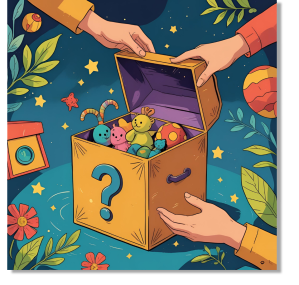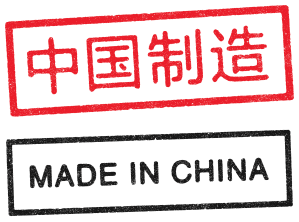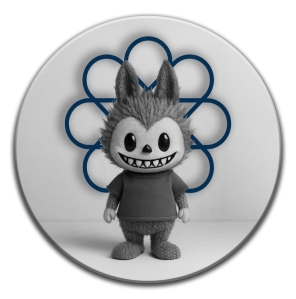The LABUBU craze is more than a fad, it reflects a broader shift in consumer behavior. In the post-Covid landscape, buyers increasingly seek experiences over mere transactions, gravitating toward products that offer joy, connection, and a sense of authenticity.
LABUBU’s unconventional design; quirky, mischievous, and even “ugly” to some, challenges traditional ideas of cuteness. This distinctiveness resonates with consumers eager for products that feel different and genuine. Online communities have embraced the trend, developing strategies for predicting Blind Box contents, sharing unboxing videos, and trading collectibles, all of which foster a sense of belonging.
Exclusivity adds another layer to the phenomenon. The rarity of certain dolls drives urgency and repeat purchases, showing how scarcity and gamification can sustain long-term consumer engagement.




